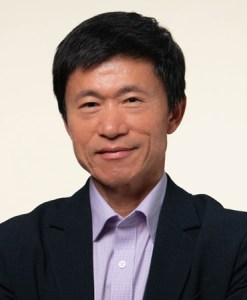China maintains tight controls over its capital account. Its current policy regime also features financial repression, under which banks are required to extend funds to state-owned enterprises (SOEs) at favorable terms, despite their lower productivity than private firms on average. We incorporate these features into a general equilibrium model. Our model illustrates a tradeoff between aggregate productivity and inter-temporal allocative efficiency from capital account liberalization under financial repression. As a result, along a transition path with a declining SOE share, welfare-maximizing policy calls for rapid removal of financial repression, but gradual liberalization of the capital account.
Supplemental Appendix (pdf, 384 kb)
About the Authors
Zheng Liu is a vice president and director of the Center for Pacific Basin Studies in the Economic Research Department of the Federal Reserve Bank of San Francisco. Learn more about Zheng Liu
Mark Spiegel is a senior policy advisor in the Economic Research Department of the Federal Reserve Bank of San Francisco. Learn more about Mark Spiegel

